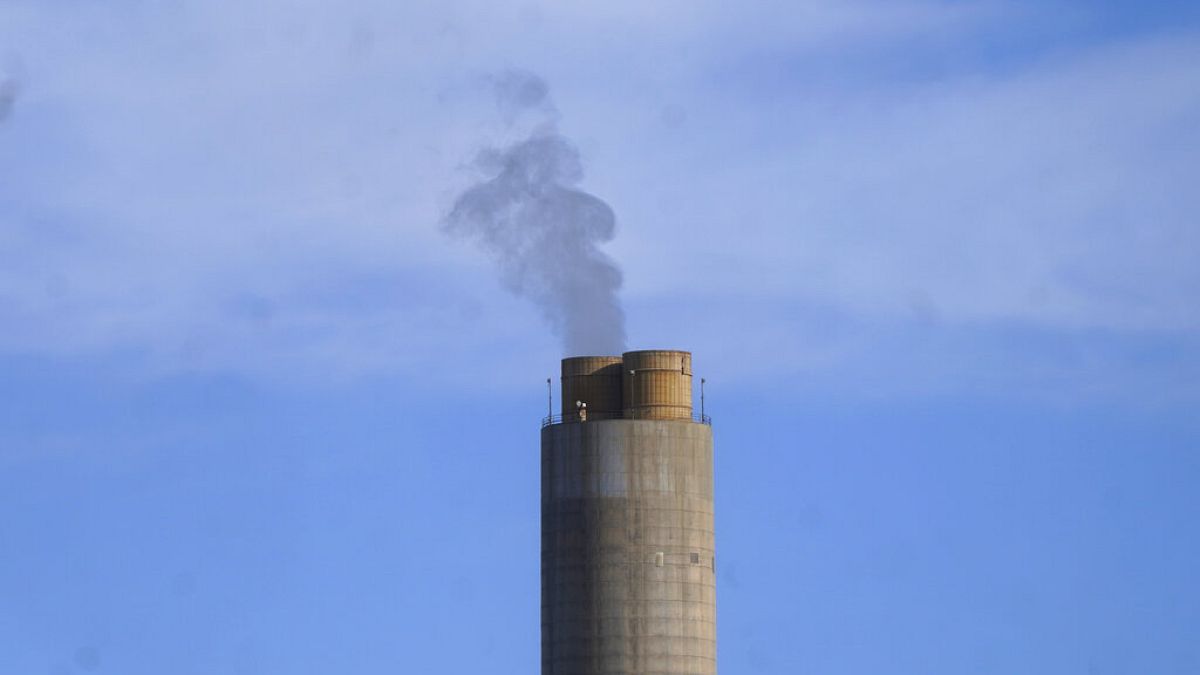The International Energy Agency has warned that EU could face a shortfall of natural gas next year if countries do not act now
The EU will have to reduce its energy needs to avoid running out of gas next winter, according to a report from the International Energy Agency published on Monday.
IEA researchers examined how the bloc could avoid gas shortages in the coming year if Russia were to stop all pipeline supplies.
In the event of gas deliveries from Russia falling to zero and liquefied natural gas (LNG) imports from China returning to 2021 levels, the gap between supply and demand “could reach 27 billion cubic metres,” according to the report.
This amount represents around 6.5% of the EU’s whole consumption in 2021, according to Eurostat.
IEA Executive Director Fatih Birol said that while the EU has made “significant” progress on reducing its reliance on Russian gas, “it is not yet out of danger”.
The report underlined the factors that could put pressure on Europe’s energy supply in the next year.
These were increased competition to buy LNG as a result of a rebound in the Chinese economy and the risk of a colder autumn in Europe compared to this year, which would mean increased energy usage.
Measures aimed at speeding up gas savings were outlined in five key areas by the IEA, including a push to boost energy efficiency, speeding up the deployment of renewables, electrifying heat, encouraging better support of consumers to make energy-efficient choices, and capturing gas wasted through leaks.
The war in Ukraine has caused a significant spike in energy costs across the bloc.
Before Russia’s invasion, the reference price of gas on the European market was around 20 euros per megawatt hour, a figure which rose to 300 euros this year at its peak, later falling back to 140 euros.
While the cost has fallen since earlier this year, that still represents a seven-fold increase in price.
On Monday, European Commission President Ursula von der Leyen said she had met with Fatih Birol at the IEA to discuss the energy outlook for the coming year.
"We came a long way," she said during a press conference. "But our work won't be done until everyone has access to affordable, secure, clean energy."
The EU must "accelerate the deployment of renewable energies, we must think big, and we must go quickly", von der Leyen added.
Birol indicated that the measures contained in the report represented an overall cost of 100 billion euros, an amount he said would be "reimbursed in two years in terms of savings on natural gas bills."
